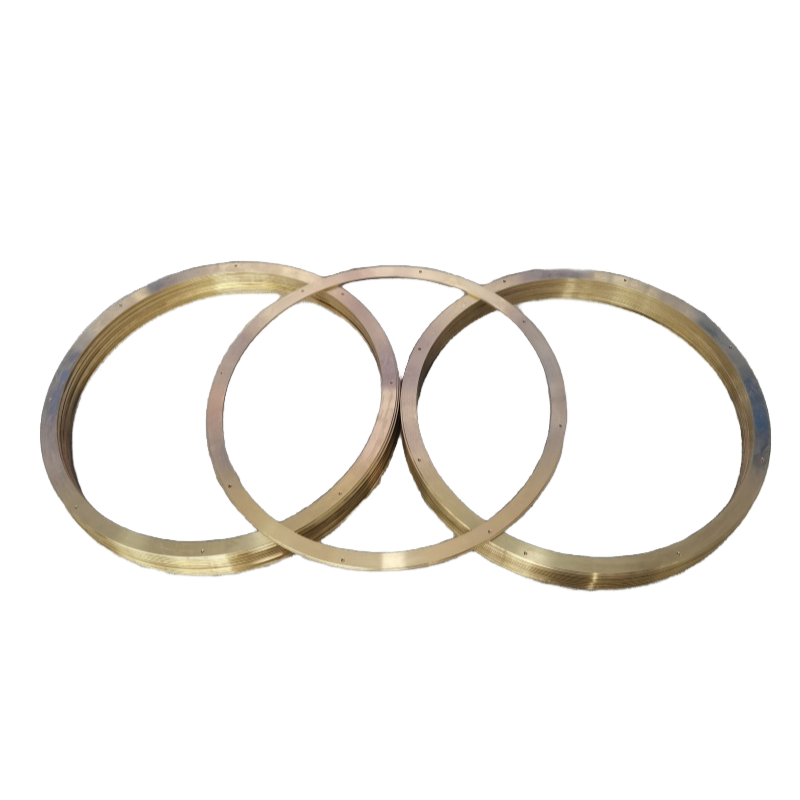 Mazhuang Village, Yuhe Town, Huixian City, Xinxiang City, Henan Province, China
Mazhuang Village, Yuhe Town, Huixian City, Xinxiang City, Henan Province, China
 Service Hotline +86 17630258963
Service Hotline +86 17630258963  Cell phone +86 17630258963
Cell phone +86 17630258963 High Thermal Conductivity: Copper has excellent thermal conductivity, making it ideal for heat transfer applications.
High Strength: Copper offers superior tensile strength and durability, suitable for high-pressure environments.
Good Corrosion Resistance: Copper also exhibits good resistance to corrosion, especially in marine and industrial atmospheres.
Malleability: Like aluminum, copper is highly malleable, ensuring a tight seal.

Durability: Copper seals are highly durable and can withstand harsh conditions, including high pressures and temperatures.
Conductivity: The high electrical and thermal conductivity of copper makes it suitable for electrical and electronic applications.
Biostatic Properties: Copper has natural biostatic properties, which means it can inhibit the growth of bacteria and other microorganisms.
Cost: Copper is generally more expensive than aluminum, which can be a limiting factor in cost-sensitive projects.
Weight: Copper is heavier than aluminum, which may not be desirable in applications where weight is a concern.
Reactivity: Copper can react with certain chemicals, which may limit its use in some environments.
